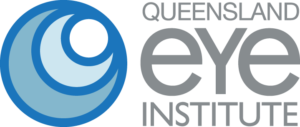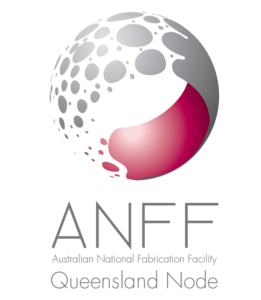Our Projects
Manufacture of lightfield 3D retinal imaging system

Project description and overview:
More than 285 Million people globally suffer from preventable blindness. This has imposed an estimated US$23 billion costs on healthcare systems worldwide. In 80% of cases, blindness can be prevented or cured through better and earlier access to both imaging and diagnostic capabilities.
Integral Scopes has developed a light-weight 3D retinal imaging system that uses lightfield/plenoptic imaging and improves the alignment precision requirements that complicate the use of most portable retinal imaging devices. The Integral Scopes technology will improve the detection and diagnosis of diseases of the retina in professional and primary care settings.
This project will enable Integral Scopes to offer the following product advantages over existing solutions:
- Superior 3D colour image quality
- Additional 3D diagnostic information that can enhance patient-specific outcomes
- Lower purchase costs
- Lower lifecycle costs
- Smaller, lighter, robust physical footprint for improved portability
In an ophthalmic imaging setting, having access to 3D depth information can help graders, physicians, and specialists to provide more accurate diagnosis for a range of common and debilitating ocular pathologies, particularly glaucoma, age related macular degeneration, and a range of retinal lesions, tears and tumours.
In addition to 3D and colour imagery, lightfield cameras capture subtle textural, refractive and reflective information about a scene and can robustly handle occlusions. This offers great potential for training machine learning systems for disease classification and diagnosis. This project is for ophthalmic purposes, however the technology platform is modular and scalable to allow commercialisation across other medical imaging applications or in other industrial applications where high speed 3D colour imagery is desired, such as robotics and quality assurance.
On completion of this project, Integral Scopes will have developed a prototype of its patented Retinal Plenoptoscope focused lightfield camera. The prototype will allow Integral Scopes to run clinical validation, develop market acceptance and pass regulatory clearance for the 3D-RPS product in the growing ophthalmic imaging market. The project will also enable Integral Scopes to offer a flexible platform technology from which to develop other advanced 3D medical diagnostic instruments. This project will demonstrate high-tech manufacturing in Australia and create a platform technology for a range of locally developed imaging products.
EXPECTED IMPACT
- Increased spending on R&D
- Higher information and communication technologies (ICT) intensity
- Larger patent portfolio
- Increased collaboration with other manufacturers
- Greater share of services in total revenue
- Higher marketing expenditure
- Increased level of extensive backward links
EXPECTED GROWTH
- Integral Scopes is targeting 3D-RPS ophthalmic camera sales of 200 units during the first year of production climbing to 1,000 units per annum within 5 years
EXPECTED JOBS
- Integral Scopes forecast of 11 FTE positions when they achieve full production
Contributions:
Government Funds: $300,000 | Industry: $300,000 | In-Kind: $180,000





